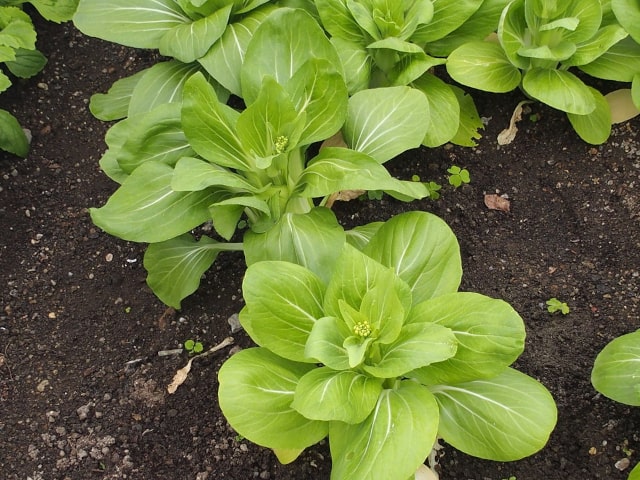
Many people love vegetable gardening but they have only a limited space to dedicate to their vegetables. In a situation like this, it's important to know how to choose wisely which vegetables you want to row.
The choice will depend on numerous factors, such as your experience level (some vegetables are more suitable for beginners than the others), the size of the plants (may be important if your space is very limited) and your personal preferences (which vegetables you and your family love to eat).
There is another factor you may take into account when choosing vegetables for your garden: their nutritional value. If you have only a limited space to dedicate to vegetable gardening, you may wish to choose vegetables with the most nutrient density. These vegetables provide the most nutritional value so they are super healthy.
High Nutrient Density
Most of the vegetables are very healthy and rich in nutrients, so you won't make a mistake no matter which ones you choose. There are, however, some with a very high nutrient density. These veggies are packed with nutrients so they are extra healthy.
The information below is provided using USDA food table and other details provided by the USDA. Using this table, it's possible to see how much nutrients each vegetable provides. The nutrients taken into account are vitamins and minerals. The goal was to determine what percentage each of the vegetables has. The given sum was calculated per 100 calories consumed. This way, it's possible to come up with a Nutrient Density Score for all the vegetables listed.
The Healthiest Vegetables
Based on this score, it's possible to make a list of the healthiest (most nutrient-rich) vegetables you can grow. The list of the top 10 vegetables include:
- Pumpkin leaves. It has very high amounts of Potassium, Phosphorus, Magnesium, Leucine, Tyrosine, Threroline, Isoleucine and Phenylalanie.
- Spinach. It has high percentage of Calcium, Potassium, Phosphorus, Zinc, Folate, Magnesium, Beta carotene, Tyrosine, Threroline and Isoleucine.
- Broccoli. It's rich in Calcium, Phosphorus, Zinc, Pantothenic acid, Folate, Aspartic acid, Glutamic acid and Valine.
- Mustard Greens. They are high in Calcium, Potassium, Phosphorus, Vitamin C, Vitamin A, Folate, Beta carotene, Tyrosine and Arginine.
- Turnip Greens. It contains high percentage of Calcium, Potassium, Beta carotene, Tyrosine, Threroline, Isoleucine, Phenylalanie, Leucine and Valine.
- Asparagus. This vegetable is high in Phosphorus, Potassium, Zinc, Copper, Selenium, Niacin, Folate, Aspartic acid and Glutamic acid.
- Pak-Choi. It's high in Calcium, Phosphorus, Potassium, Vitamin C, Folate, Beta carotene, Glutamic acid, Isoleucine and Alanine.
- Green Leaf Letuce. It contains high percentage of Phosphorus, Potassium, Manganese, Vitamin A, Beta carotene and Isoleucine.
- Swiss Chard. It's rich in Magnesium, Phosphorus, Potassium, Copper, Beta carotene, Isoleucine and Phenylalanie.
- Beet Greens. Rich in Calcium, Phosphorus, Potassium, Zinc, Copper, Manganese, Pantothenic acid and Beta carotene.
It's easy to note that most of these top nutrient rich plants are leafy vegetables. All of the most nutritious veggies are some variation of green vegetables.
Some other vegetables with a high nutrient density score are: kale, corn salad, okra, zucchini, chives, parsley, cauliflower greens, collards, red leaf lettuce and mushrooms (not technically veggies, but often consumed in a similar way).
If you wish to grow nutrient-rich vegetables in your garden, it's best to focus on the ones listed above. They will provide a great source of nutrients for your whole family.
Please note: to make the most of these vegetables, it's best to consume them as soon as they are harvested. This will keep the most of their nutrients. This is one of the reasons why growing your own vegetables is so rewarding: your vegetables comes straight from your garden so you can eat it as soon as it's harvested. Vegetables you buy at a store or even at a farmer's market is harvested days before you buy it, so it loses some of its nutrient properties. This is why it's so great to grow your own vegetables.
Vegetables with Lower Nutrient Density
There are also some vegetables with a lower nutrient density. These veggies are still very healthy and rich in nutrients, so you shouldn't ignore them!
It doesn't mean that they are somehow less important. It simply means that they have less nutrients than the above listed vegetables. However, these veggies are great, too, so you should definitely consider them for your garden.
The vegetables with a lower nutrient density scores include: Indian squash, Shiitake mushrooms, potatoes, Jerusalem Artichoke, Lemon grass, Parsnips, Pumpkin flowers, Arrowroot, Tomatillos and Rhubarb.
Once again: it doesn't mean that these vegetables are not healthy or that they should be avoided. Not at all! All veggies are healthy and provide a good source of nutrients. It just means that the green veggies described in the first list contain more nutrients. The veggies listed here can also provide you with nutrients - the only difference is that they don't have the same concentration of nutrients or that they don't provide a wide range of nutrients. All of the veggies in the "bottom" list are also great to have in your home, and they will make a very healthy and tasty addition to your meals.
Photo credit: UnconventionalEmma
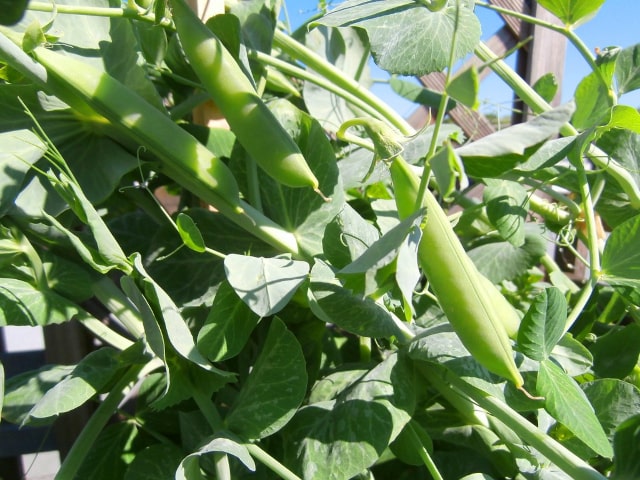
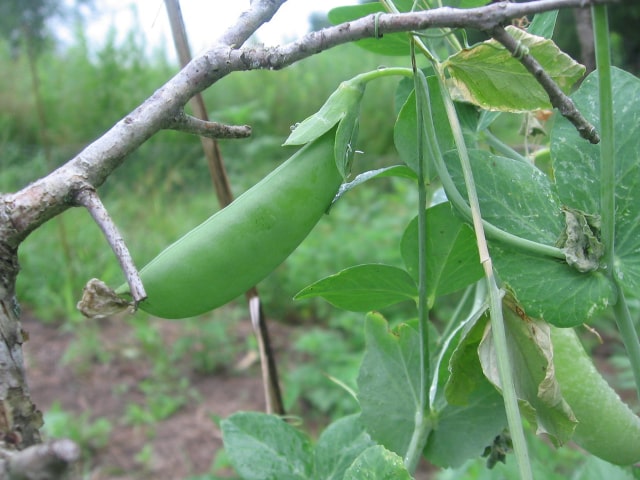
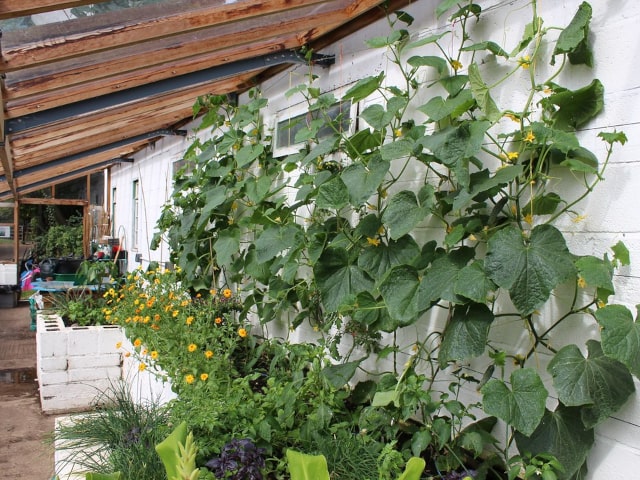
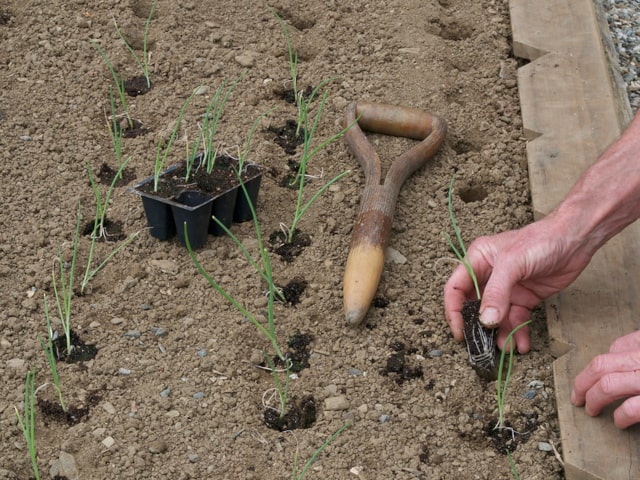
0 Comments